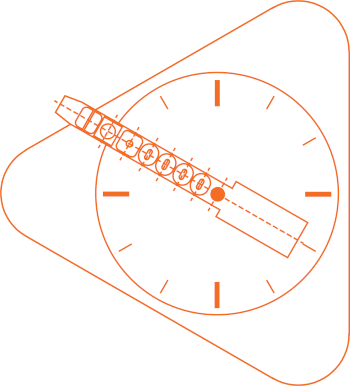Detection
Title:
NAISSA COVID-19 test
Short description:
Development of a COVID-19 serology test for wider production in Serbia.
Author:
Neomedica doo
Requested Budget:
71.371 USD
Time frame:
3 months

Problem: To return to the life as usual and restart the economy after the Covid-19 pandemic requires fast and reliable information on the health status of working population, in order to establish on time if an individual is infected, including those that may be asymptomatic or have recovered. This indicates a need for faster and more encompassing Covid-19 testing. Also, identifying the individuals that were infected and healed opens up possibilities for further research of the disease and search for cure.
Solution: To develop and set up production of a COVID-19 serology test, that can give greater detail into the prevalence of the disease in a population by identifying individuals who have developed antibodies to the virus. In contrast to RT-PCR tests that indicate the presence of viral material during infection, the serology tests can indicate if a person was infected and subsequently recovered by looking at their immune response. The team has already developed an original testing system called NAISSA, that has the capacity to conduct 30 different tests for SARS-CoV-2 at the same time, with 60-90 minutes per one testing session. Unlike the rapid serology tests that detect only the presence of antibodies, this test detects their level as well. The NAISSA testing system uses a desktop testing device that can be placed in any laboratory or hospital room and does not require highly trained personnel, so the medical staff can be quickly and easily trained to use it.
Additional info: The team members have for the past 20 years gained extensive experience in diagnostics. The company has 600 solutions registered with the Medicines and Medical Devices Agency and exports products to 3 continents. Its production capacities are certified by the Ministry of Health and the company operates in accordance with ISO standards. The test is already being developed with the support of the Innovation Fund of the Republic of Serbia and is in its final stage. The additional funding is needed for the further development of the fractions (IgA) of the test and its wider production. With additional equipment and staff, the testing capacities would reach 2.000 to 4.000 tests in one work shift. For this capacity the team requires six experienced researchers, purchase of necessary materials and one custom-made production machine.